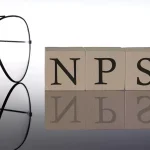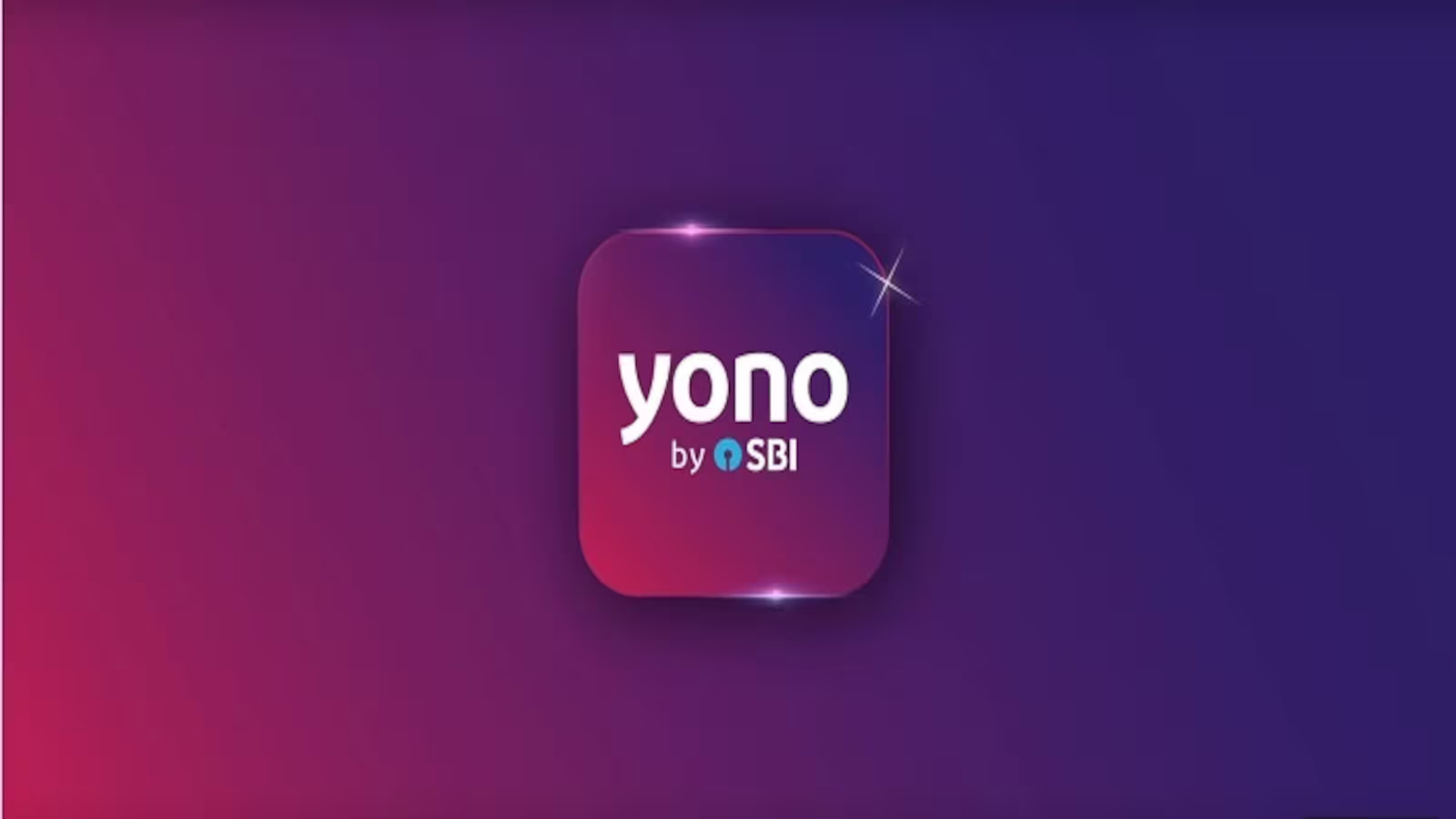Bitcoin ushered in the age of blockchain technology when it launched over a decade ago. But Bitcoin is just the tip of the iceberg when it comes to the potential of this groundbreaking innovation. In this post, we’ll explore the basics of blockchain technology, delve into how it can transform various sectors beyond finance, and glimpse into its promising future.
What is Blockchain Technology?
Before looking at blockchain’s wider applications, let’s review what exactly it is.
Blockchain is a type of distributed ledger technology (DLT). This means it is a database that is spread across multiple computers in a peer-to-peer network. Every computer within the network holds a copy of the ledger. This creates decentralization, transparency and immutability.
The data on the ledger consists of batches of transactions called “blocks” that are chained together securely using cryptographic principles. This creates the blockchain. Every time a new transaction occurs, a new block is added to the chain. This update happens almost simultaneously across the network.
Consensus algorithms validate any changes to data. A majority of the network’s computers must approve any edits to the blockchain before they are permanently recorded. This eliminates the risk of unauthorized changes or data tampering.
In summary, blockchain establishes trust through decentralization and cryptography. This allows direct peer-to-peer transactions to occur without intermediaries in a secure, transparent and immutable manner.
Beyond Finance: Blockchain’s Wider Applications
The most well-known application of blockchain technology is Bitcoin and cryptocurrency. But blockchain has much wider versatility.
Almost every industry stands to be disrupted by blockchain technology. Its innate characteristics make it suitable for automating and streamlining traditionally manual processes. Blockchain also introduces greater accountability into ecosystems plagued by information silos and opacity.
Here are just some of the sectors poised for transformation by blockchain technology:
Supply Chain Management
Global supply chains are complex, containing multiple entities spanning sourcing, production, warehousing, transportation and retail. This complexity introduces vulnerabilities like inefficient tracking, cargo spoilage, fraud tampering and more.

Healthcare
Healthcare providers struggle with scattered patient information stored in internal silos. This makes data sharing hard, leading to redundancy in tests and poor coordination in patient care.
With blockchain patient information can be stored securely on distributed ledgers. Information is updated in real-time and healthcare providers can access comprehensive patient history. This leads to better diagnosis, fewer errors, lower costs and improved outcomes.
Voting
Voting requires high levels of verifiability, security and transparency. Unfortunately, current systems are prone to tampering, machine errors and information gaps leading to voting fraud allegations and lack of trust.
Blockchain voting systems provide transparency on how votes are tallied through distributed ledger architecture. Votes get permanently recorded providing an immutable audit trail. This minimizes voter fraud while inspiring confidence and trust in electoral outcomes.
Energy
Energy grids were not built with renewables in mind. Integrating sustainable energy sources introduces complex coordination across energy producers, suppliers and consumers.
In a blockchain based grid all parties can directly transact energy units via smart contracts in a trusted set-up. Renewable sources can feed excess capacity back to the grid. Consumers can also choose clean energy and track its provenance immutable. This accelerates renewable energy adoption.
The Future Looks Bright for Blockchain
As we’ve explored, blockchain technology holds tremendous potential to remake industries and add value to business and society.
While the future is hard to predict accurately, most experts agree that we’re still in the early stages when it comes to adoption and impact of blockchain technology.
Here are three emerging trends set to define the future of blockchain technology:
Scalability Will Improve
A key limitation curbing large scale adoption currently is scalability. Existing blockchain networks have restricted transaction processing capacity compared to traditional payment rails.
However, innovations like sharding, state channels, side-chains and roll-ups are enhancing scalability. As technology improves, blockchains will match throughput benchmarks required for mass adoption.
Regulation Will Increase
Regulatory uncertainty persists owing to the nascency and continuously evolving nature of blockchain technology. But policy makers are accelerating work to install governance guardrails without compromising innovation.
Areas like cryptocurrencies, tokenized securities, decentralised finance and more are expected to come under tighter supervision. Reasonable regulation will inspire confidence in applications of blockchain technology.
Adoption Will Grow
For blockchain to truly reimagine economic systems the technology needs more users. Encouragingly, awareness and comfort levels with blockchain are rising rapidly.
Developers are working concertedly to improve blockchain tooling and interfaces to make interaction seamless for different user categories. Wider participation will result from these efforts to boost adoption.
More Applications Will Emerge
In addition to the aforementioned use cases, blockchain technology is a good fit for several other applications like:
- Digital identity verification to prevent identity theft and fraud
- Streamlining intellectual property rights to help creators monetize work
- Securing personal data privacy by giving users control over their own information
These promising new applications will continue emerging as blockchain technology evolves. The only limit is human imagination and innovation!
The Future is Decentralized
Blockchain heralds a decentralized future spanning finance, governance, business, society and beyond. It unlocks transparency, efficiency and trust across complex systems.
As the building blocks continue maturing, blockchain technology will unleash a prosperity revolution touching everyone. The road ahead is filled with excitement!
Hope you enjoyed this beginner’s guide to blockchain technology and where it’s headed. Please share your thoughts or queries in the comments section!
Disclaimer: This article is informational only and not investment advice. Please do your own research before buying any crypto assets or blockchain related investments.













Add Comment